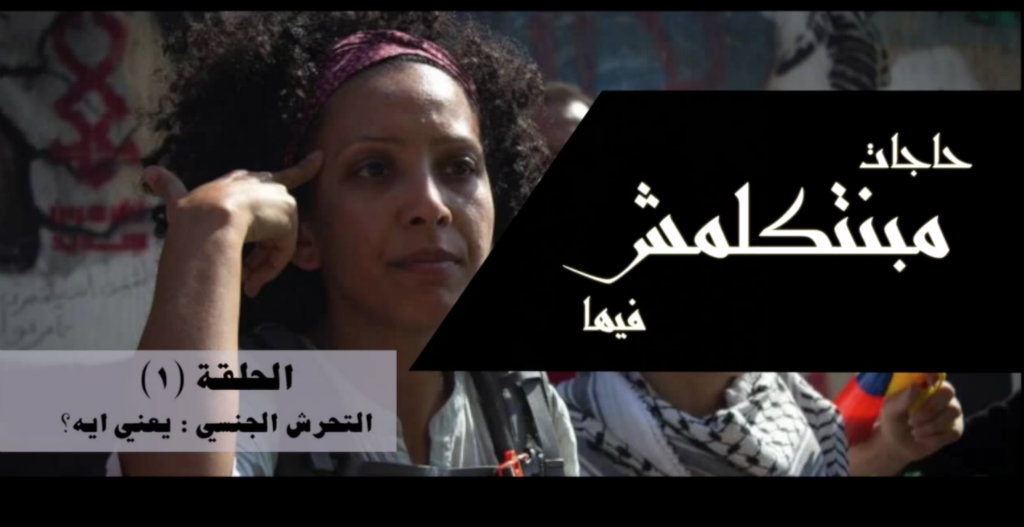Today marks International Women’s Day, an excellent opportunity to celebrate the work of our partner civil society organisations that promote women’s rights.
Around the world, men and women are openly challenging situations that impede women’s equal position in society. Hivos’ Women on the Frontline (WoF) programme strengthens women’s organisations across the Middle East and North Africa to contribute to the meaningful and equal participation of women. The programme now has partnerships with thirty women’s organisations in the region.
Spaces for women (and civil society) in the MENA region are shrinking due to extremism, polarization and repression. Extremists have become skilled at exploiting the media landscape to promote violence. One of WoF’s priorities is to counter violent ideologies and extremist, polarizing discourses, and to promote moderate and inclusive ideas in a region where social change is hard to achieve. The rise of new forms of media plays a significant role in developing an alternative discourse, and Women on the Frontline partners are taking advantage of them to create various forms of citizens’ involvement.
Imprint is one of Women on the Frontline’s Egyptian partner organisations. Imprint is a movement formed by young men and women from different backgrounds that aims to raise awareness of sexual harassment and promote equal participation of women in society.
In February 2016, Imprint launched a series of videos called ‘Things we don’t talk about’ to spread awareness on the issue of sexual harassment. Abdelfattah Elsharkawi, co-founder and director of Imprint, presents the show and hosts guests such as media specialists, artists and writers.
With Abdelfattah as a man introducing the topic, and drawing on both the general public’s views on sexual harassment as well as statistics, and using humour, the videos make for a unique approach in Egypt that breaks taboos on this sensitive subject. The various episodes simultaneously explain and question behaviour, and give insights into how people perceive sexual harassment in the street, thus sparking public dialogue on sexual harassment and catching the attention of both people and the media.
The first episode, distributed on February 3, 2016, is an introduction to the definition of sexual harassment and the consequences it has for individuals and society as a whole:
The second episode answers the question of what to do when one witnesses or experiences sexual assault:
The third episode addresses the causes of sexual harassment:
In the fourth episode, there is a discussion of how the media creates stereotypes and negative ideas about the role of women in society:
The fifth episode, focusing on alternative ways to raise awareness about sexual harassment, will come out soon!
Hivos’ women’s rights work has a long history. For decades, we have been supporting women worldwide to organise themselves and become a countervailing power in their societies. A woman’s right to have control over her own body without coercion, violence or discrimination is a fundamental human right.




